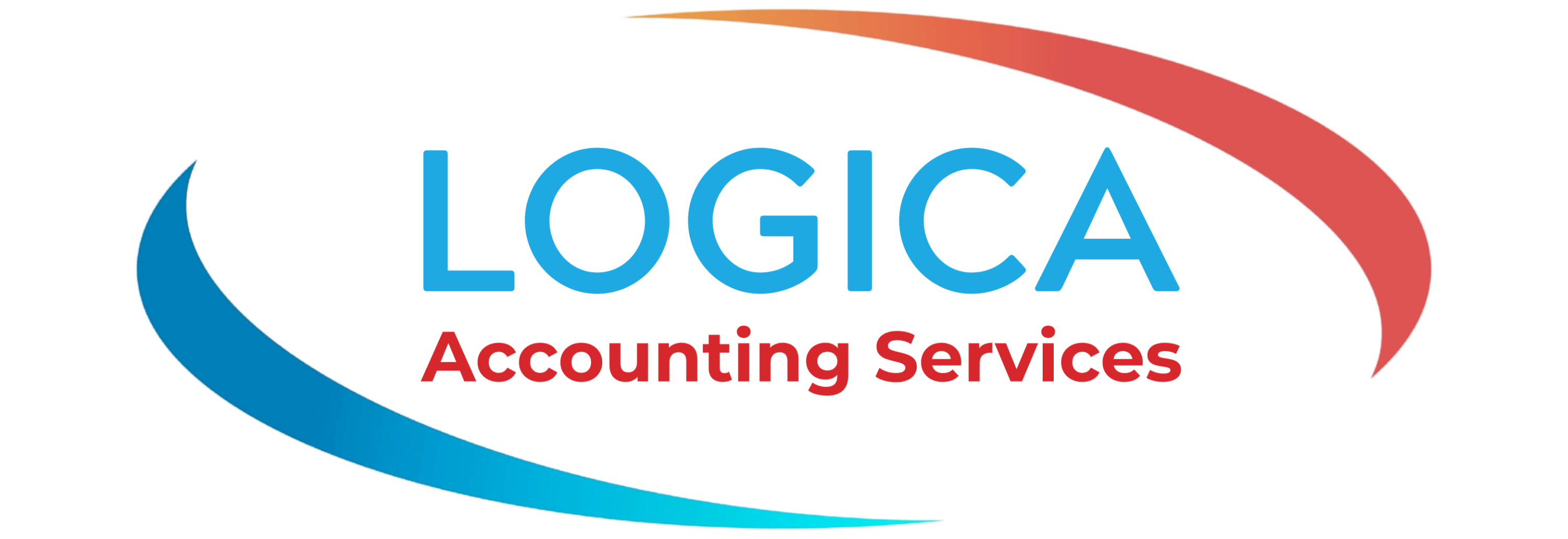The Crucial Role of Accurate Accounting in Non-Profit Organizations
- Logica

- Jun 17, 2025
- 3 min read
Accurate accounting is vital for all organizations, but it is especially important for non-profit organizations.
These organizations depend on donations, grants, and community support, making precise financial management essential. In this post, we will explore why accurate accounting is crucial for non-profits and how Logica Accounting Services can help address these needs.
Understanding Non-Profit Accounting
Non-profit accounting presents unique challenges that differ from those of for-profit businesses. For-profit companies prioritize profit maximization for shareholders, while non-profit focus on serving their mission and community.
Nonprofits receive funds from various sources, including individual donations, grants, and fundraising events. For example, in 2021, charitable contributions in the U.S.
reached around $484 billion, according to the Giving USA report. Many of these funds come with restrictions, requiring detailed tracking. Accurate records ensure compliance with donor intentions and regulatory reporting.
Furthermore, non-profits face scrutiny from stakeholders such as donors, board members, and government agencies. Reliable financial statements and reports build trust and transparency, reinforcing their commitment to responsible financial stewardship.
The Importance of Financial Transparency
Financial transparency is vital for non-profit organizations. Donors want to know how their contributions are used, so clear accounting is necessary. Nonprofits demonstrating financial integrity are more likely to attract new donors and retain current ones.
For instance, organizations like the American Red Cross often publish detailed financial reports that showcase how donations are allocated. These reports illustrate how funds go towards disaster relief and community programs, communicating the impact of generosity effectively. When stakeholders see the tangible results of their contributions, it fosters confidence and encourages community support.
Compliance and Regulatory Requirements
Non-profit organizations are subject to stringent regulations to maintain their tax-exempt status. Non-compliance can lead to severe consequences, such as losing this status or facing financial penalties.
Accurate accounting helps non-profits adhere to local, state, and federal regulations. This includes proper record-keeping, timely tax filings, and comprehensive financial disclosures. For example, according to the IRS, the failure to file required forms for three consecutive years can lead to automatic revocation of tax-exempt status. Ensuring compliance not only protects the organization’s reputation but also reduces the risk of audits or investigations.
By investing in good accounting practices, non-profits can navigate complex regulatory frameworks with confidence and reduce liability risks.
Fundraising and Financial Management
Strong financial management is crucial for effective fundraising. Nonprofits need to track revenue from diverse sources and go beyond just budget reporting. Integrated accounting systems offer insights into fundraising performance, helping to inform strategic decisions.
With detailed financial insights, organizations can plan resource allocation effectively. For example, by analyzing donation trends, they can identify peak giving periods and adjust their fundraising campaigns accordingly. Nonprofits with a clear grasp of their financial condition are better equipped to set achievable budgets and maximize their impact, supporting long-term sustainability.
According to a 2022 report by the Fundraising Effectiveness Project, U.S. charities saw a 10.6% increase in overall giving. This growth emphasizes that effective financial strategies directly correlate with fundraising success.
Strengthening Organizational Governance
Reliable accounting also enhances governance within non-profits. Boards and leadership teams rely on accurate financial data to make informed decisions about strategies, resource allocation, and mission fulfillment.
Regular financial reviews create a culture of accountability, guiding leaders toward more effective decision-making. When financial health is well understood, organizations can align their strategies with their goals. This clarity fosters trust among stakeholders and builds strong partnerships that enhance the organization’s impact.
How Logica Accounting Services Can Assist
Logica Accounting Services specializes in accounting solutions for non-profit organizations. Focusing on accuracy and transparency, Logica is attuned to the financial challenges that non-profits face.
The Logica team offers valuable services including bookkeeping, compliance reporting, grant management, and fundraising analysis. These services allow organizations to concentrate on their mission while ensuring sound financial practices. By leveraging technology and expertise, Logica enhances accounting efficiency and accuracy.
For example, their streamlined processes can help a non-profit reduce winter fundraising costs by 15% through improved budgeting and resource allocation. Customized strategies cater to the unique needs of each organization, promoting greater financial clarity and stronger stakeholder relationships.
Why Accurate Accounting Matters
Accurate accounting is essential for non-profits. It plays a critical role in ensuring financial transparency, compliance with regulations, strategic fundraising, and effective governance.
With support from accounting services like Logica, non-profit organizations can meet their financial goals with confidence. By prioritizing accounting accuracy, they can strengthen their dedication to their mission and enhance their positive impact on the communities they serve.

By investing in accurate accounting and collaborating with experts like Logica, non-profits can set themselves up for future success and continue to make a meaningful difference in people's lives.




Comments